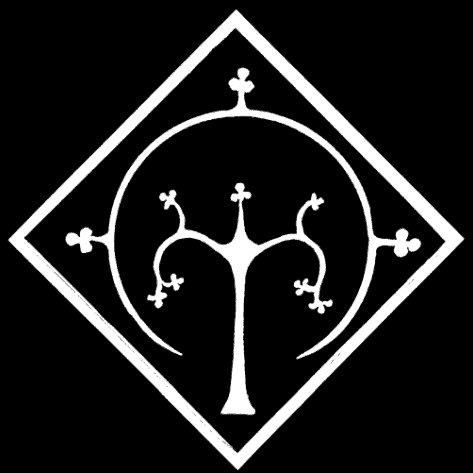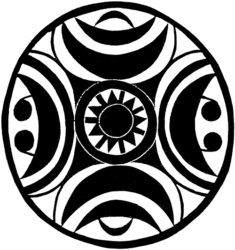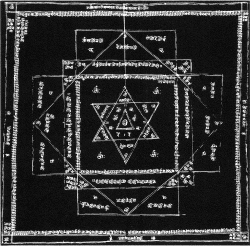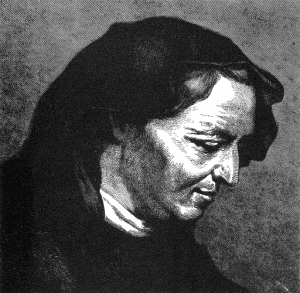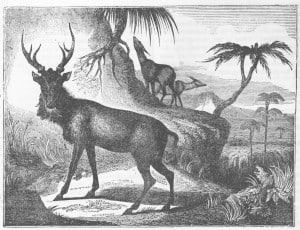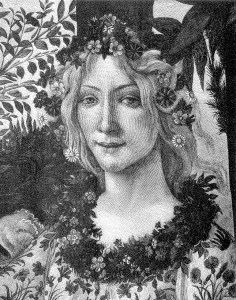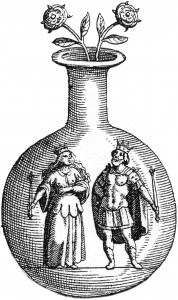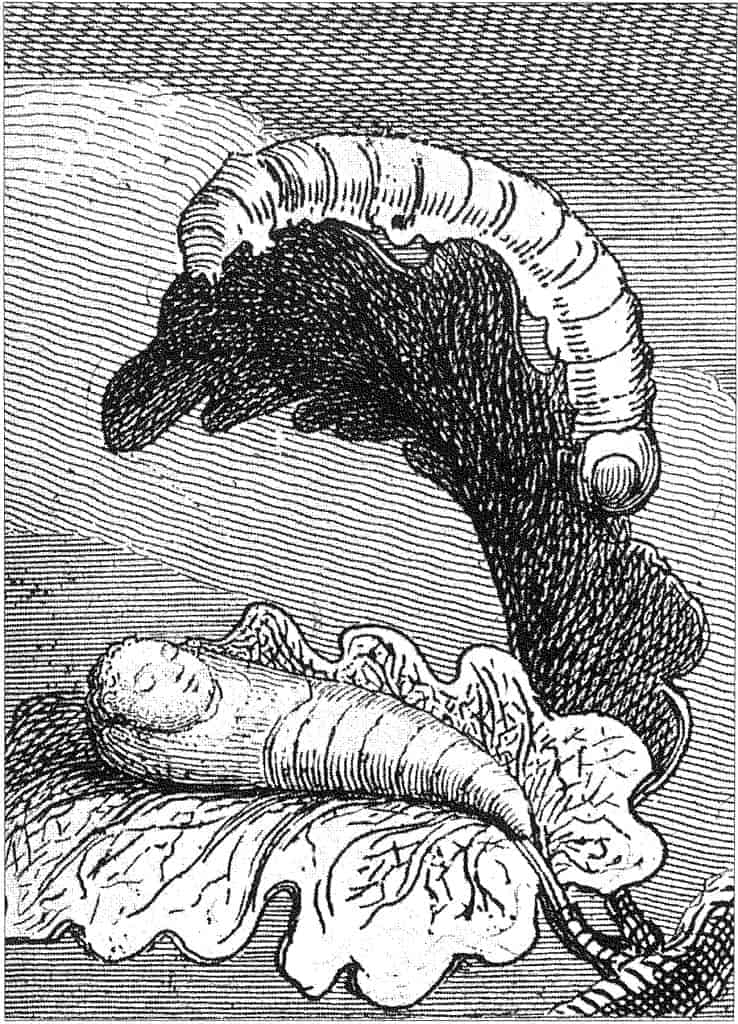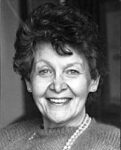Women’s Mysteries: Sources of Creativity, Religion & Spirituality, & Solace
This episode is the first part of the series Women’s Mysteries: Sources of Creativity, Religion & Spirituality, & Solace.
Jungian analyst and author Jean Shinoda Bolen leads a workshop for women “who seek to nurture their own creative and spiritual yearnings and find ways of expressing, articulating, and valuing what grows out of their inner life and the life they have lived so far. In the company of other women who know that suffering and joy and life are linked, personas drop away and soul comes forth.” Bolen weaves stories of psyche and goddess that have the power to touch themes and sacred places in the soul, and she leads listeners through a guided meditation, allowing the opportunity for personal symbols and myths to emerge. This tape set is also intended to serve as a model for women interested in forming their own spiritual groups. It was recorded in 1994.
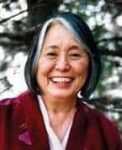
Podcast: Play in new window | Download (49.8MB)
Links
The Complete Series
All Lectures by Jean Shinoda Bolen
© 1994 Jean Shinoda Bolen. This podcast is licensed under a Creative Commons Attribution-NonCommercial-NoDerivatives 4.0 International License. You may share it, but please do not change it, sell it, or transcribe it.
Music by Michael Chapman
Edited and produced by Benjamin Law


